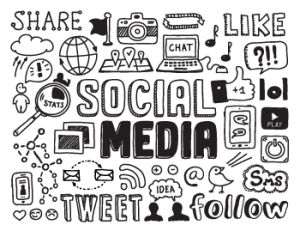BACKGROUND:
As many of us witnessed yesterday, WhatsApp, Instagram and Facebook had all gone down in a major outage. The three apps – which are all owned by Facebook, and run on shared infrastructure – all completely stopped working shortly before 5pm. Other products that are part of the same family of apps, such as Facebook Workplace, also stopped working. Visitors to the Facebook website simply saw an error page or a message that their browser could not connect. The WhatsApp and Instagram apps continued to work, but did not show new content, including any messages sent or received during the problems.
Cybersecurity experts weigh in on Facebook latest outage.
The opinions expressed in this post belongs to the individual contributors and do not necessarily reflect the views of Information Security Buzz.



